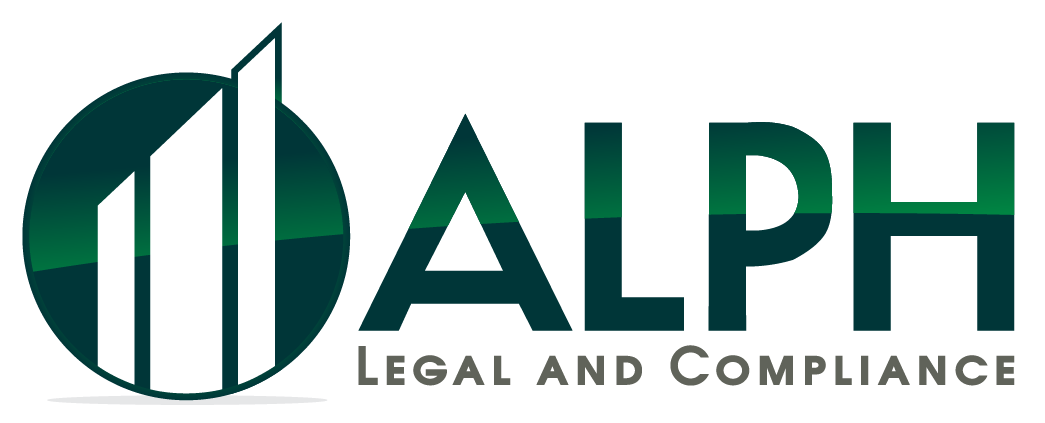Compliance monitoring is the process by which regulated firms, such as banks, credit unions, consumer credit firms, etc, oversee and justify their compliance with the FCAs regulations and standards. This means that companies in FCA-regulated industries must have a structured plan in place that includes quality assurance, internal audits, risk assessments and reporting to prove that they’re adhering to the FCA’s rules, regulations and consumer protection frameworks.
By having a robust compliance monitoring programme in place, you can take proactive actions in the case of a breach and improve processes to achieve good outcomes, outlined by the Consumer Duty.
Why is compliance monitoring important?
Compliance monitoring is an essential part of financial governance and risk management. Regular review of controls, policies and procedures demonstrates that a firm operates within the regulatory framework and fulfils its obligations under applicable laws and industry standards.
Given the pace of regulatory change, ongoing monitoring provides assurance that internal systems function as intended, that exceptions are identified promptly, and that corrective actions are taken before compliance shortcomings develop into regulatory breaches, consumer detriment or financial loss.
Well-designed monitoring also reinforces a culture of accountability. Clear oversight and documented evidence of control effectiveness increase stakeholder confidence, among clients, investors and regulators, by showing that your company acts with integrity and transparency.
By prioritising early detection of weaknesses, regulated companies can reduce operational disruption, strengthen resilience and support sustainable growth while meeting the expectations of the FCA.
What are the benefits of compliance monitoring?
There are many benefits to compliance monitoring; not only does it improve processes, allocate responsibilities and understanding within your organisation, and positively impact trust amongst stakeholders and clients, but good compliance monitoring plans and activity also help mitigate legal and financial risks. When you continuously adhere to the FCAs’ rules and regulations, you are in a better position to identify these risks and make proactive decisions to avoid reputational and costly redress or legal action, nevermind potential impact on your regulatory status.
How ALPH Legal & Compliance can help
If your company needs support in strengthening its compliance monitoring processes, our team is experienced in reviewing your current processes and identifying weaknesses and helping you build a compliance monitoring programme that aligns and meets FCA expectations with clarity and confidence. Contact us today to ensure your firm remains compliant.
